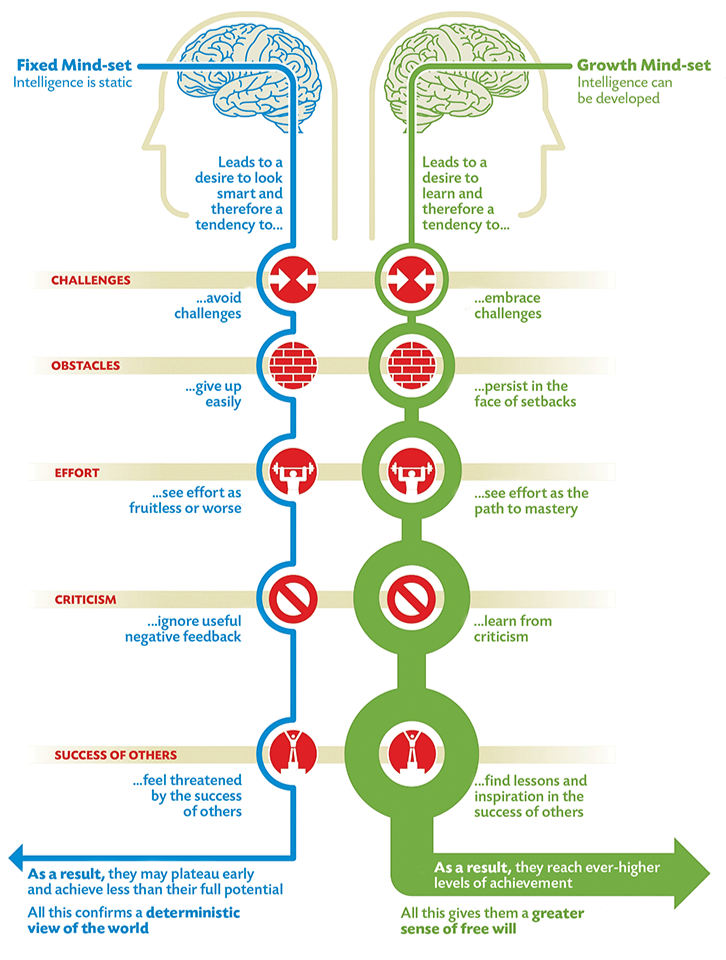Trends in Adult Education - Competency-Based Learning
- carolinetoop0
- Oct 2, 2023
- 2 min read
Competency-based learning (CBL) is an approach which opposes the traditional structured classroom model where students of the same cohort study the same material, at the same speed. CBL involves students working individually toward mastering a certain set of specific competencies or skills which have been identified at the outset of the learning experience. Students can proceed through the levels of competency at their own pace as long as they can demonstrate mastery of that particular competency. I have included a video below that briefly outlines the CBL approach.
The link below is to a chapter in the book Teaching in a Digital Age by Bates (2019). Bates describes several advantages to the CBL education approach, particularly for online learners. Some of these advantages include that it recognizes the prior learning of students, promotes equity by providing individualized support from mentors, and provides a more flexible learning environment where adult learners can study at their own pace.
If I am teaching in an online format or involved in the creation of online teaching materials in the future, CBL will almost certainly be the approach that is used. In my opinion, this approach optimizes actual mastery of competencies over rote learning and emphasizes pacing flexibility. I believe these are two factors which are meaningful to adult learners. Preparing to teach in this method will require thoughtful decision making on how to assess a given competency. I will need to explore many different approaches for assessments and then determine their feasibility within the online teaching model. Written reflections, oral and written presentations, and case studies are all reasonable options, but I hope to become more creative in the future to provide students with ways to demonstrate their competencies that reflect their individual learning styles.
Another element of CBL that I will need to prepare for is having a useful framework to identify student’s knowledge gaps in order to determine what support they will need to master all of the relevant competencies. A structured plan that involves semi-frequent check ins with students and structuring my time to be available to support and mentor when needed will be beneficial.
Reference:
Bates, A.W. (2019). Teaching in a Digital Age – Second Edition. Vancouver, B.C.: Tony Bates Associates Ltd. Retrieved from https://pressbooks.bccampus.ca/teachinginadigitalagev2/
Link to the book chapter: https://opentextbc.ca/teachinginadigitalage/chapter/6-6-competency-based-learning/




Comments